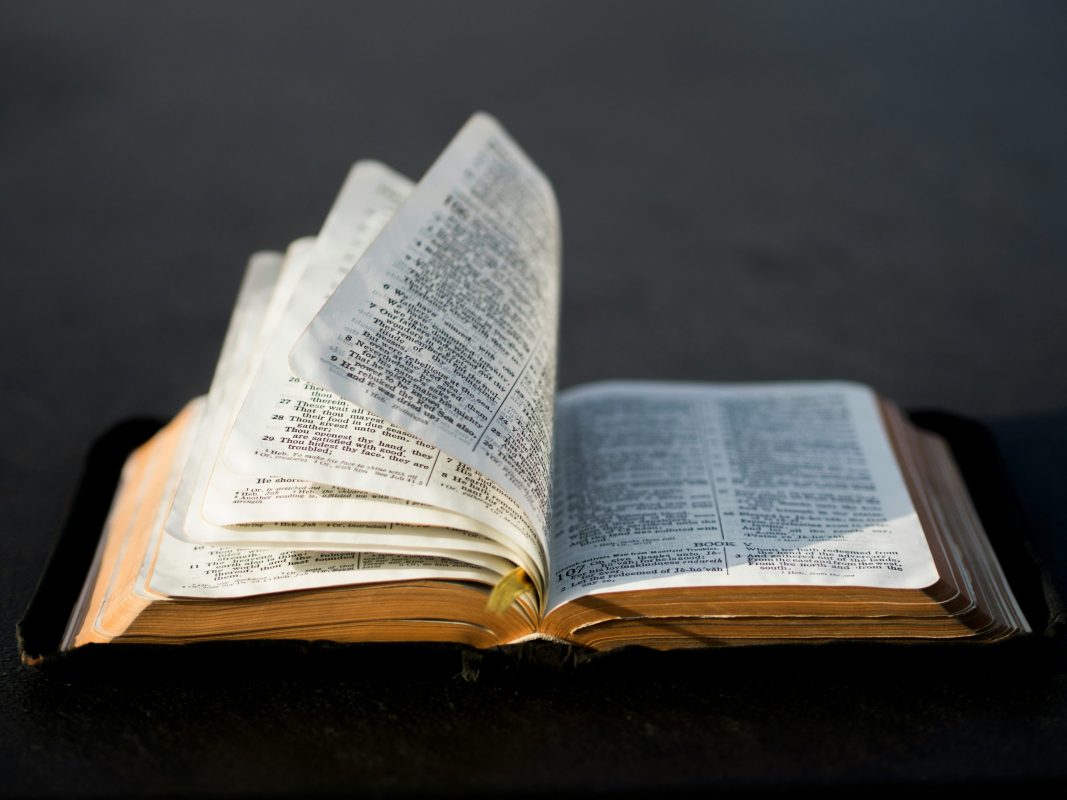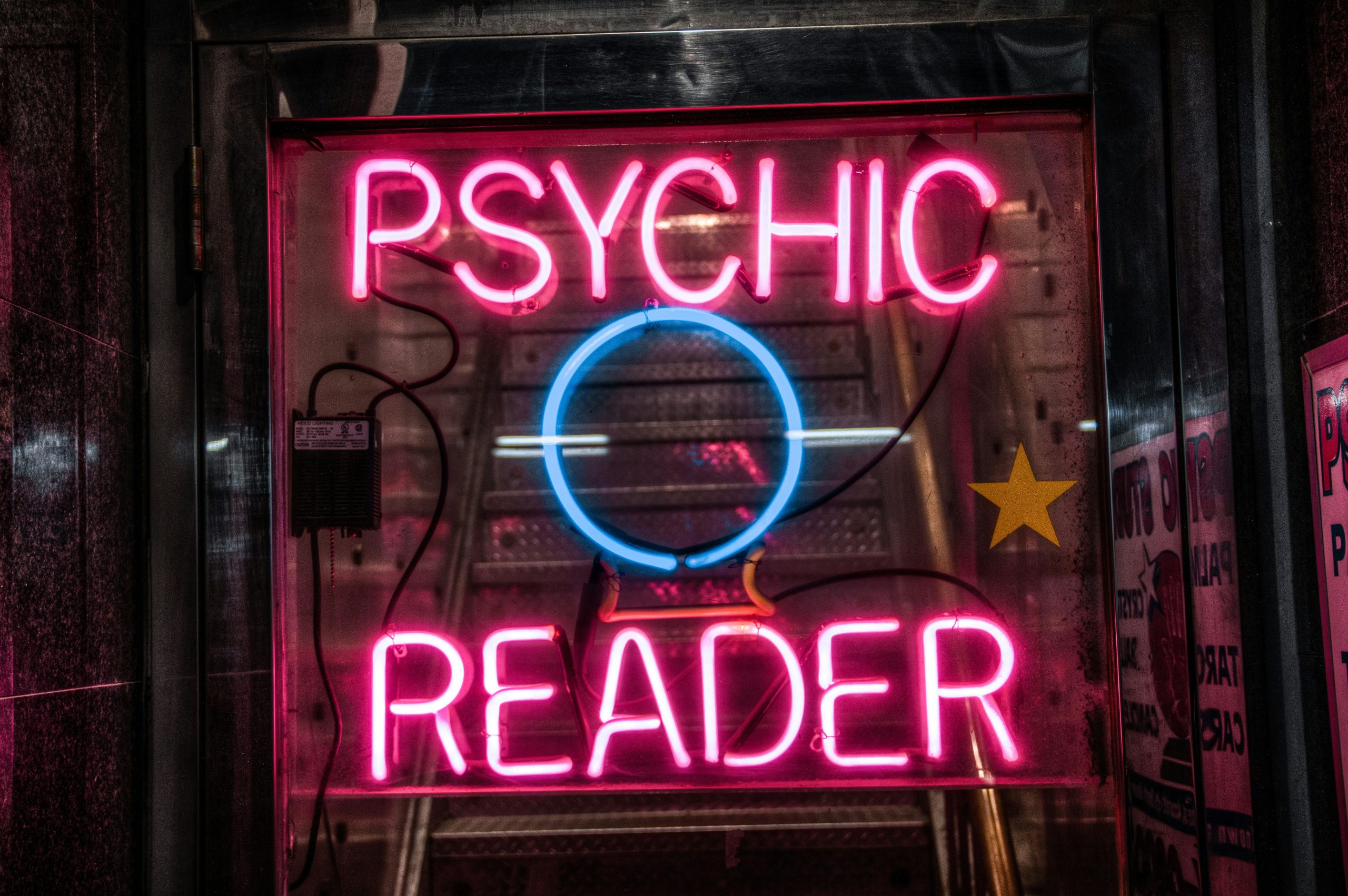Reading Lists
7 Novels Inspired by the Bible
These biblical reinventions explore themes of love, family, gender, and race

The Bible and fairytales are the oldest stories we have in the West. They serve as our culture’s myths, providing a familiar, guided path for centuries of writers.
Retellings can breathe a new life into what was once flat and staid. Characters from the Bible and fairytales can feel one-dimensional. With retellings, the writer has the opportunity to transform a pre-renaissance painting into a high-definition, digital photograph for the modern era. These writers want readers to feel a gnawing familiarity, something deep inside saying, “I know where this is heading,” before they’re surprised with a new interpretation. Retellings also allow room for writing detailed settings as well as including better causality concerning plot. Retellings insert key “what ifs,” changing the protagonist’s gender, age, race, or nationality, all the while making the point that the human condition is timeless and transcends circumstance.
I describe my novel, Daughter of a Promise, as a retelling. It draws from an ancient text, the Book of Samuel, and feels perfect for this moment, as we’re riding a cultural wave of recontextualized myths and legends that bring once muted voices to the fore. Think Hadestown, Circe, The Book of V.
More than a retelling, I’ve decided my book is “talking back.” Contrast that with genteel novels “in conversation” with a historical text, Daughter of a Promise’s point of view shift demands recognition. The legend of David and Bathsheba beckoned me in its brevity, its male perspective, its neglect of Bathsheba’s thoughts and feelings. It was practically waiting for a future writer to come along and fill in the gaps. To retell a foundational text may sound like heady stuff, but it gives the writing process an added dimension of fun. The rigor of adhering to critical plot points, while putting the spotlight on Bathsheba made the writing meaningful.
Despite the contemporary setting and revised point of view, these 7 novels based on the Bible that prove love, passion, and jealousy will always be universal.
The Book of Ruth by Jane Hamilton
The Book of Ruth won the 1989 Pen/Hemingway Award for best first novel. Set in the small town of Honey Creek, Illinois, Ruth is a young woman who has never left her rural environment. She experiences difficult family situations including a tense relationship with her mother May and an abusive marriage with her husband Ruby.
The novel borrows its title directly from a book in the Bible, however, is not a retelling in the strictest sense of the word. In the Bible, Ruth marries into a different tribe and instead of returning to her own people after the death of her husband, she stays with her mother-in-law. The novel expands on important themes in the original text including loyalty and family dynamics, struggles and overcoming adversity, as well as journey and redemption.
The Book of V. by Anna Solomon
Weaving three story lines together, the novel follows 3 women across 300 years: Lily is living in 2016 Brooklyn and struggling with reconciling her role as wife and mother with her sexual desires and intellectual ambitions. Vivian is a senator’s wife in ‘70s D.C. who would do anything to advance her husband’s career, until a shocking request becomes the tipping point. In ancient Persia, Esther is a young woman living outside the palace. During Purim, she saves her people by marrying the King after he banishes his first wife Vashti. The Book of V takes the Book of Esther and makes it contemporary, exploring women’s agency and power throughout history.
East of Eden by John Steinbeck
East of Eden is a classic reimagining of Genesis, the fall from grace that led to the calamitous rivalry between Cain and Abel. Set in the agricultural region of the Salinas Valley in California, this magnum opus portrays the multigenerational dispute between two families, trapped together in a cursed cycle of vengeance and pain.
Paradise by Toni Morrison
In the Bible, Exodus is the story of an enslaved people searching for a home for their community: a paradise. Weaving together multiple timelines, Toni Morrison’s Paradise follows former African American slaves who founded the town of Haven, and then Ruby, in Oklahoma as a refuge from racism. The allusion to the Garden of Eden is also obvious in the novel’s title, Paradise, which foreshadows the inevitability of tensions arising between members of the community. Convent, an all-female inhabited house, crops up on the outskirts of town in response to Ruby’s patriarchal governance. Convent becomes both a scapegoat and a threat to the male leaders of Ruby. The novel explores generational trauma, the women of Convent are haunted by their pasts as well as the collective history of the community.
The Color Purple by Alice Walker
Winner of the Pulitzer Prize, this canon of American literature details a journey of redemption, forgiveness and love through the correspondence of two sisters, Celie and Nettie. The sisters address letters to God, the first clue that Walker intended the novel to be theological commentary. As with many novels depicting slavery, it evokes the story of Exodus, but it is also about a search for God, transcending what is universally “religious” to discovering personal spirituality.
The Prophets by Robert Jones, Jr
The prophets in the book are references to Samuel and Isaiah, two major prophets in the Bible. A finalist for the National Book Award, this unflinching and painfully wrought tale describes the lives of two enslaved gay men, tending animals on a plantation in Mississippi. It is filled with lyrical interludes told from the perspective of what are presumed to be ancestors, grounding the plot in a broader history and lending it a biblical nature. A tender love story that blossoms, against all odds, in the harshest environment.
Gilead by Marilynne Robinson
This Pulitzer Prize winner is told in the form of a letter from Reverend John Ames to his young son. Gilead is the name of the small town in Iowa in which the family settled many years before and John is a third-generation minister. A retelling of the Parable of the Prodigal Son, so much of this book is about the relationship between fathers and sons, but it is also filled with the theological rumination of an elderly minister who foresees impending death.









